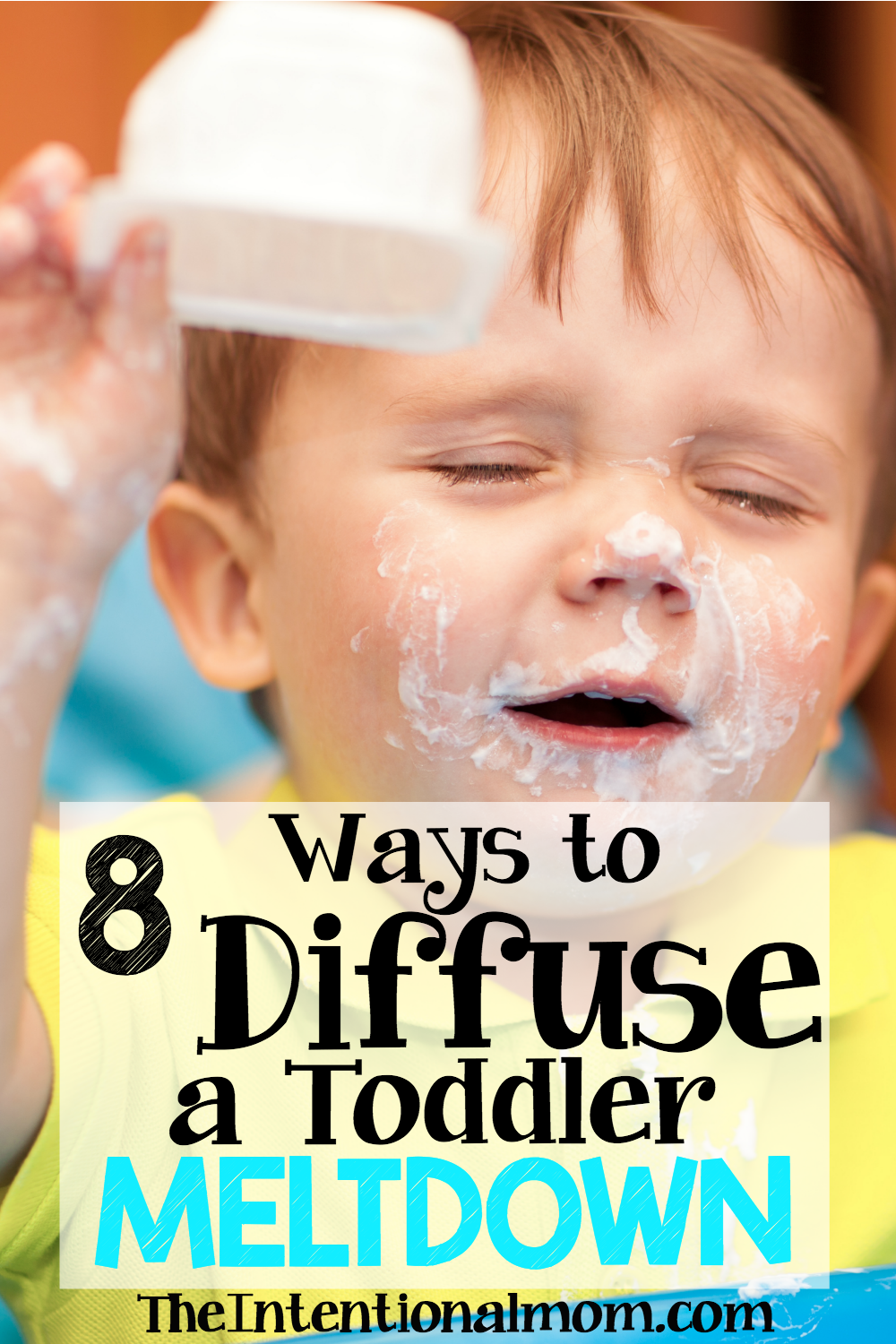
Distracting themĬhildren have short attention spans. Trying to understand why they’re having a tantrumĪre they tired? Hungry? Jealous of another child that has your attention? If you understand where it’s coming from, it might be a bit easier to calm them down (NHS, 2016). So try to support them by trying the following. You might feel angry, embarrassed, discouraged and hopeless as your child screams in front of the broccoli at the supermarket (RC Psych, 2017).Īctually though, this is the time when your kids need you the most. In some cases, tantrums also involve kicking, hitting and the child holding their breath (KidsHealth, 2018).Īs every parent knows, the worst place for toddler tantrums is in public. When a child has a tantrum, they might start whining, crying, screaming and yelling. (RC Psych, 2017) Tips for handling a toddler tantrum (including in public places)

Tantrums might also happen when a child is: If they are stopped or can’t do something, they might get upset because they’re frustrated that they don’t have the freedom (RC Psych, 2017). They’ll want to do things like dress themselves, feed themselves or pour their milk by themselves. When kids get a bit older, they’ll become more independent. Tantrums are also much less common once they reach four years old (NHS, 2016). When your little one starts to talk more, they’ll be less prone to tantrums (NHS, 2016). Some kids have tantrums super often and others rarely have them. They’re equally common in boys and girls. Tantrums usually start when children are around 18 months old and happen between the ages of one to three (NHS, 2016). Toddler tantrums and terrible twos: when do they start?

Tantrums are extremely common and part and parcel of your child’s development. When it comes to tantrums, your child is definitely not the only one to ever have them.

Think of tantrums as their way of telling you they’re upset and frustrated (KidsHealth, 2018)." "Tantrums come from your child not getting what they want. They are common and a standard part of a child’s development. Tantrums are short periods of angry outbursts or unreasonable behaviour like crying, screaming or shouting (RC Psych, 2017).


 0 kommentar(er)
0 kommentar(er)
